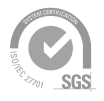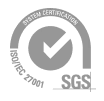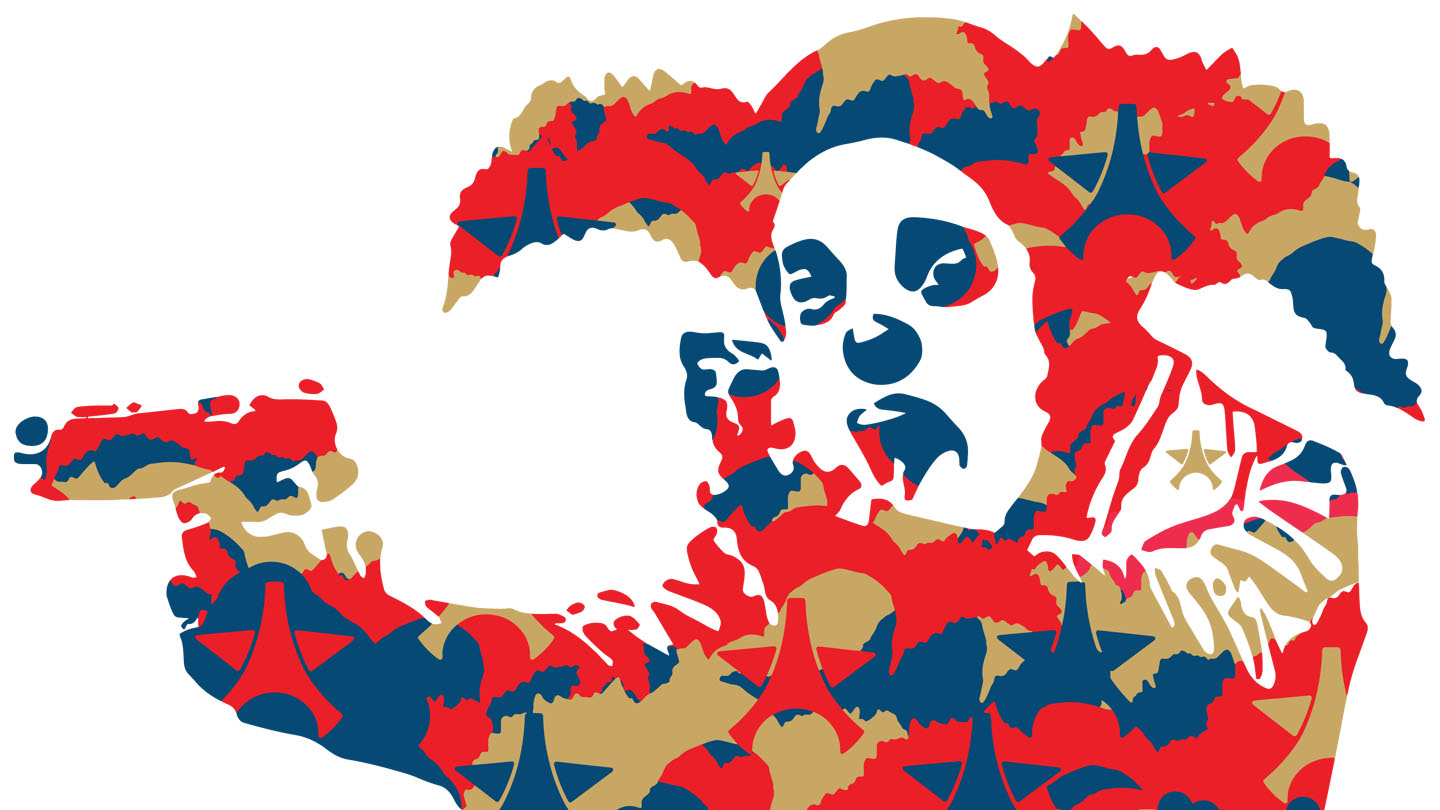
What do skateboarding, soccer, art and music have in common? According to the teams at storied lifestyle company Clown Skateboards and legendary football club Paris Saint-Germain, more than one might think.
Known for its vibrant community and culture-forward ethos, as well as its pistol-wielding clown logo designed by street art icon Banksy, 22-year-old skateboarding collective Clown Skateboards recently collaborated with PSG to release a physical range of products — from skate decks and soccer balls to clothing and accessories. On Oct. 20, the somewhat unlikely pairing plan to launch their collaboration into the metaverse with an NFT collection centered on the intersection of the communities the brands serve. With 3D animations by production studio Impossible Brief, including artwork by Clown’s own in-house designer Sunil Pawar that incorporates the company’s iconic Banksy-stenciled logo in PSG’s signature colorway as well as an original beat by British record producer DJ Zinc, the drop will be exclusively available at Crypto.com/NFT.
Clowns of Legend
Clown was originally founded at the turn of the century by partners Jeff Boardman and Vikas Malik, who shared an unconventional vision: to create a countercultural lifestyle brand — without the brand. Whereas they saw most brands as businesses that co-opt culture to sell products, they wanted to create a movement that sold products to fund culture-enriching events and initiatives. In other words, instead of doing cool stuff to sell merch, they sold merch to do cool stuff. Leveraging their personal ties to the U.K. skateboarding, music and art scenes, the duo built an organic community of creators and skaters with an affinity for the alternative — a self-described “team of misfits” — and got to work.
“I think the thing that made us different was [that] we never really classed ourselves as a brand and still, to this day, don’t. It’s what we love.”
Jeff Boardman, Creator of “PSG x Clown Skateboards”
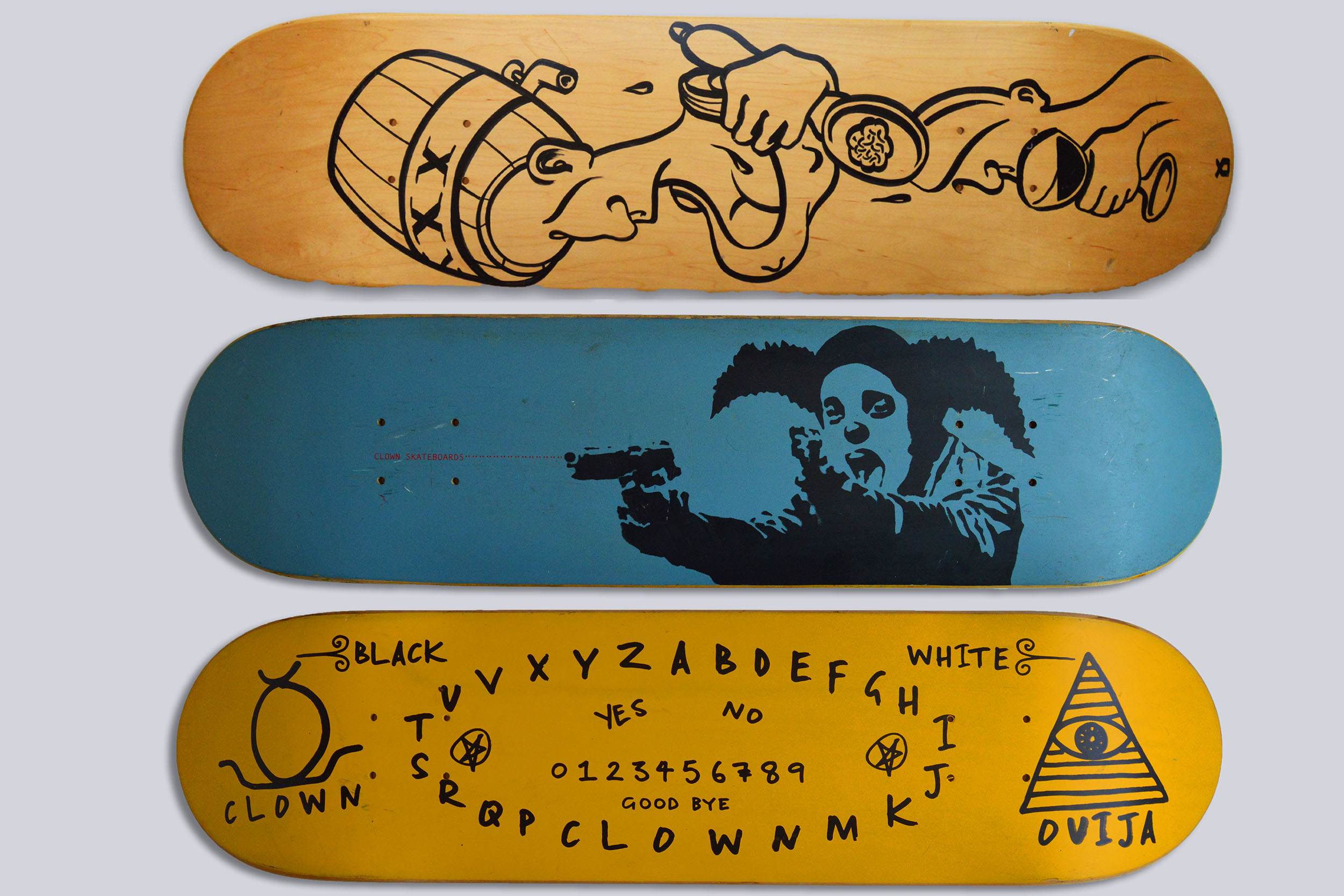
A five-year mad dash of artist collaborations, skate team tours, club nights, art exhibitions, pirate radio shows, mixtapes and more ensued — until the team eventually burnt out and went on an intended 18-month hiatus that ended up lasting 15 years. During that time, Boardman and Malik kept busy with their guerrilla marketing company Freewheelin’ Media, art gallery The Orange Dot and several other endeavors. Then, in 2020, the Clown crew got back together “to finish what [they] started” and — besides the PSG collab as well as other releases — have since established the community interest company (CIC) Clown In Action, which aims to invest in the wellbeing of the skateboard community and work with or support related organizations, grassroots DIY projects and individuals that need equipment and funding.
Banging Heads With Banksy
As for the Banksy connection, according to legend, Boardman and Malik helped the controversial artist throw his first London exhibition. Hosted in a tunnel on Rivington Street in the city’s trendy Shoreditch neighborhood, the “illicit outdoor gallery experience” was contrived after a night out — like much of Banksy’s work, a social experiment of sorts to determine how easy it would be throw an unsanctioned exhibition. As Malik recalled, dressed in “official looking overalls,” Boardman, Banksy and a friend painted over one of the tunnel’s walls and adorned it with some of the artist’s most recognizable stenciled designs — or his “greatest hits,” as the artist reportedly told The Independent ahead of the event. Attendees signed up to receive a mock Metropolitan Police forensic evidence bag invite with the secret location’s address via a burner email account.
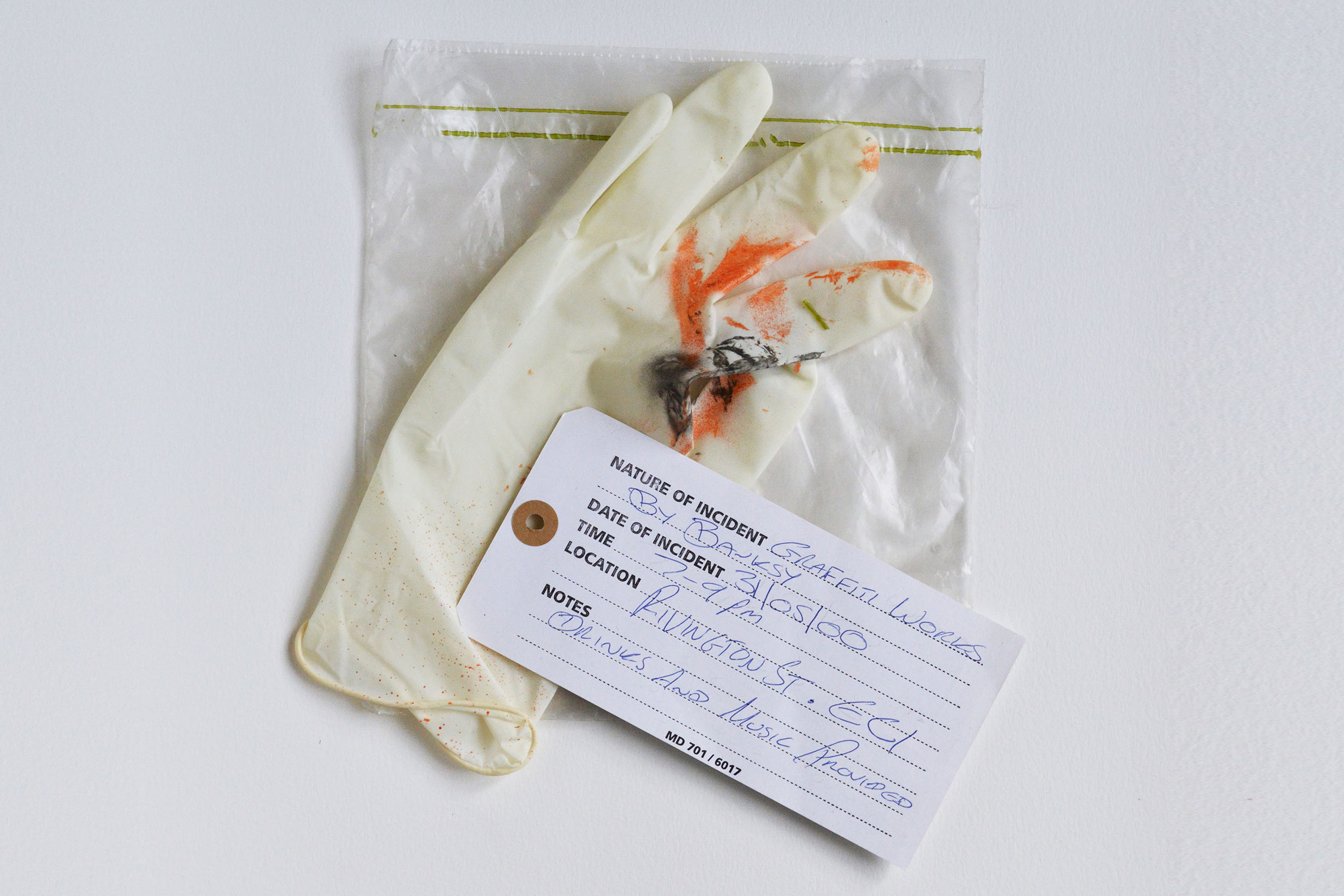
As the story goes, when Boardman and Malik decided to launch their skateboarding company, Banksy returned their kindness by giving them their iconic logo. Opposite a photo of the graffitied gun-toting clown in Banksy’s 2001 book “Banging Your Head Against a Brick Wall,” the artist wrote about the show’s inspiration and execution: “We came out of a pub one night arguing about how easy it would be to hold an exhibition in London without asking for anyone’s permission. As we walked through a tunnel in Shoreditch, someone said, ‘You’re wasting your time, why would you want to paint pictures in a dump like this?’
“A week later, we came back to the same tunnel with two buckets of paint… We hung up some decorators’ signs nicked off a building site and painted the walls white wearing overalls. We got the artwork up in 25 minutes and held an opening party later that week with beers and some hip-hop pumping out of the back of a Transit van.”
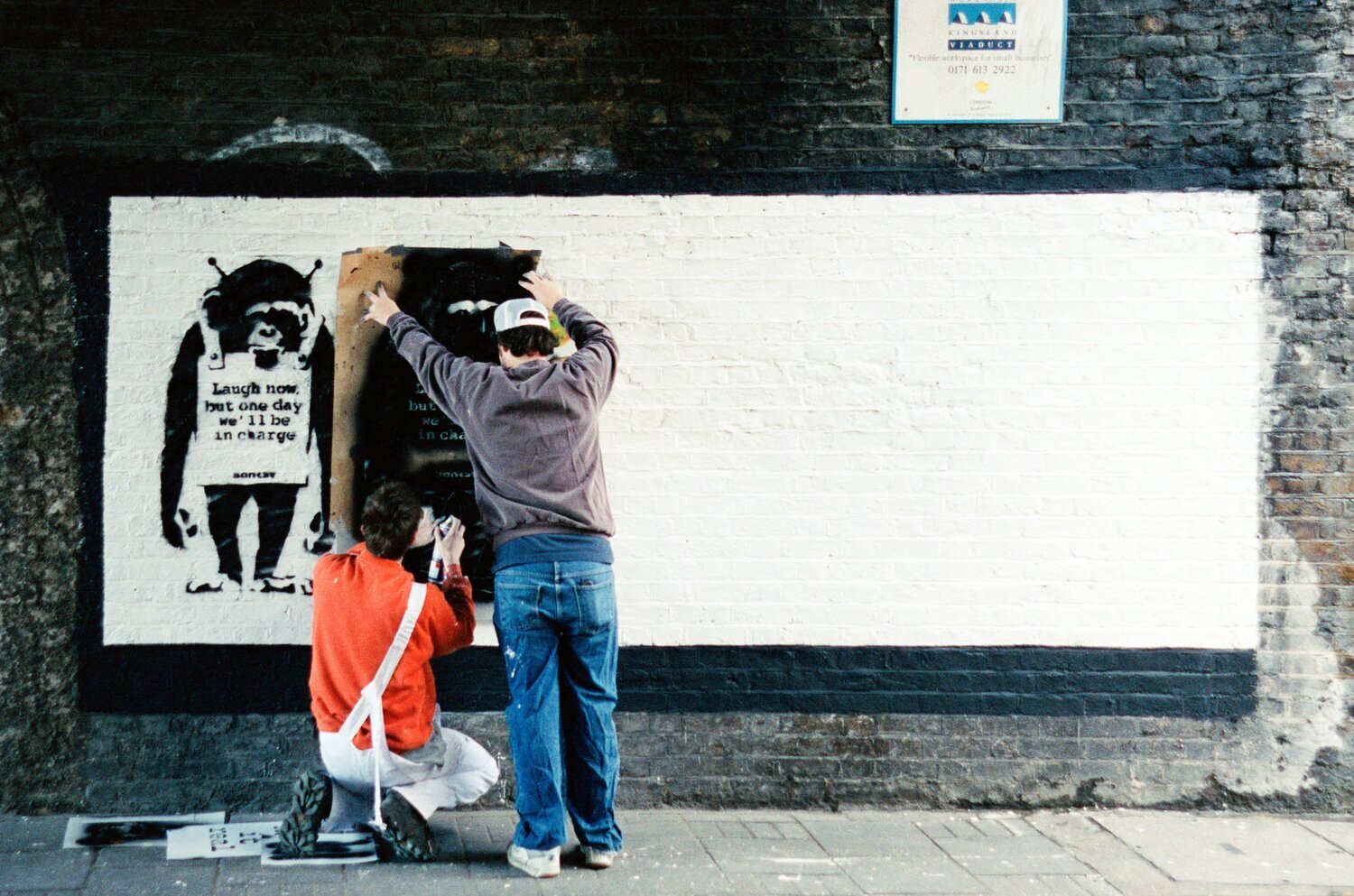
Providing the beer and tunes: none other than Malik, who brought the libations from his uncle’s shop and served as the party’s DJ — having rented a van rigged with a petrol-powered sound system that caught fire during his set, sometime before the cops showed up. “I’d felt safer in some death trap warehouse parties that I attended,” he said.
“The police arrived, but let us carry on, and the petrol generator for the sound system caught on fire — but it was a night that [went] down in history.”
Vikas Malik, Creator of “PSG x Clown Skateboards”
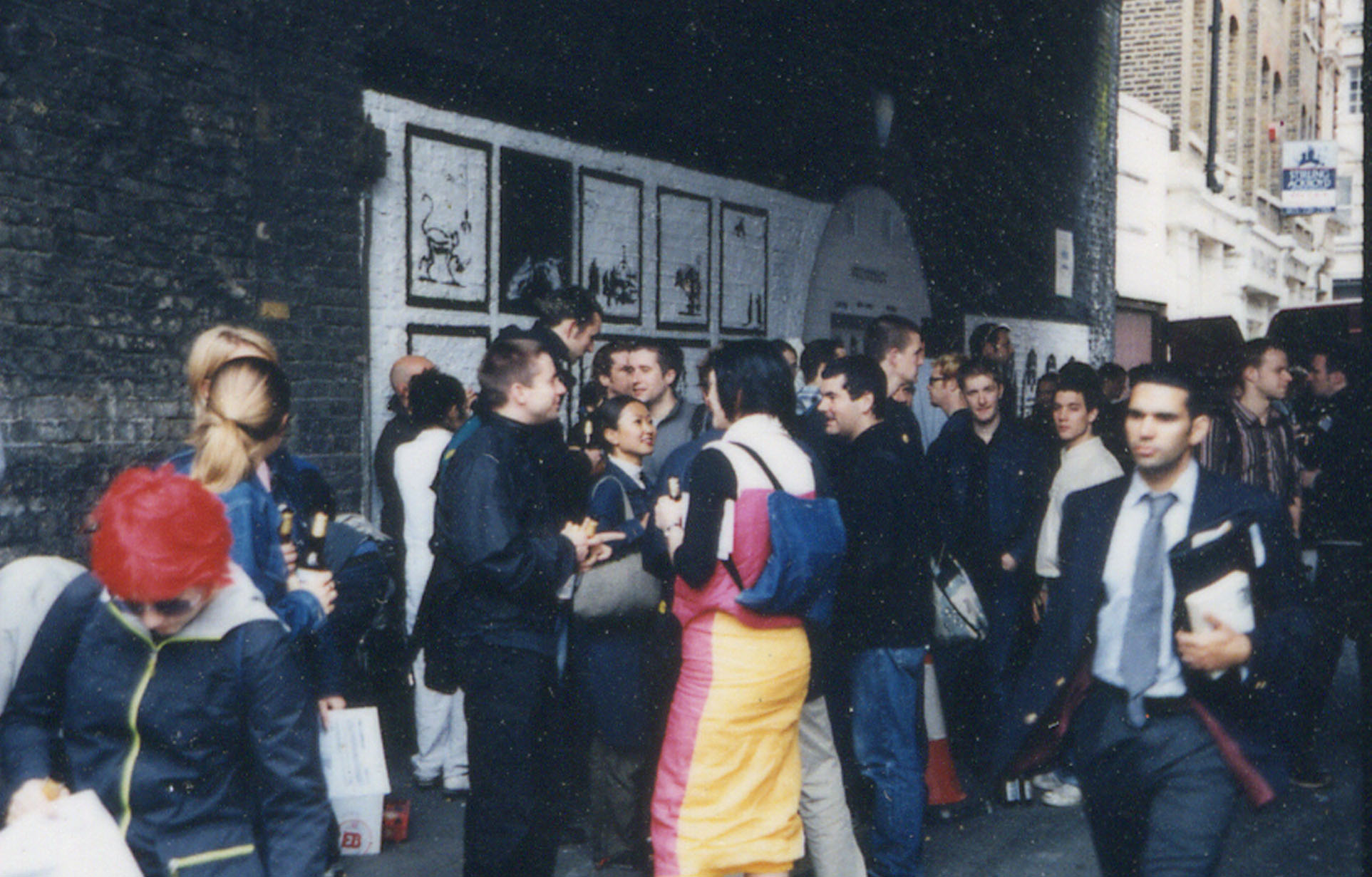
Skateboarding Meets Football
Over two decades later, Boardman connected with PSG’s Chief Brand Officer Fabien Allègre on social media — brought together by each organization’s passion for community enrichment and the importance of mental and physical development during the pandemic — and the unlikely collaboration was born. Crypto.com NFT got up with the legendary Clowns to discuss their humble beginnings, working with Banksy and their collaboration with PSG.
Read the Q&A with Jeff Boardman and Vikas Malik below, and visit the “PSG x Clown Skateboards” drop page for more information.
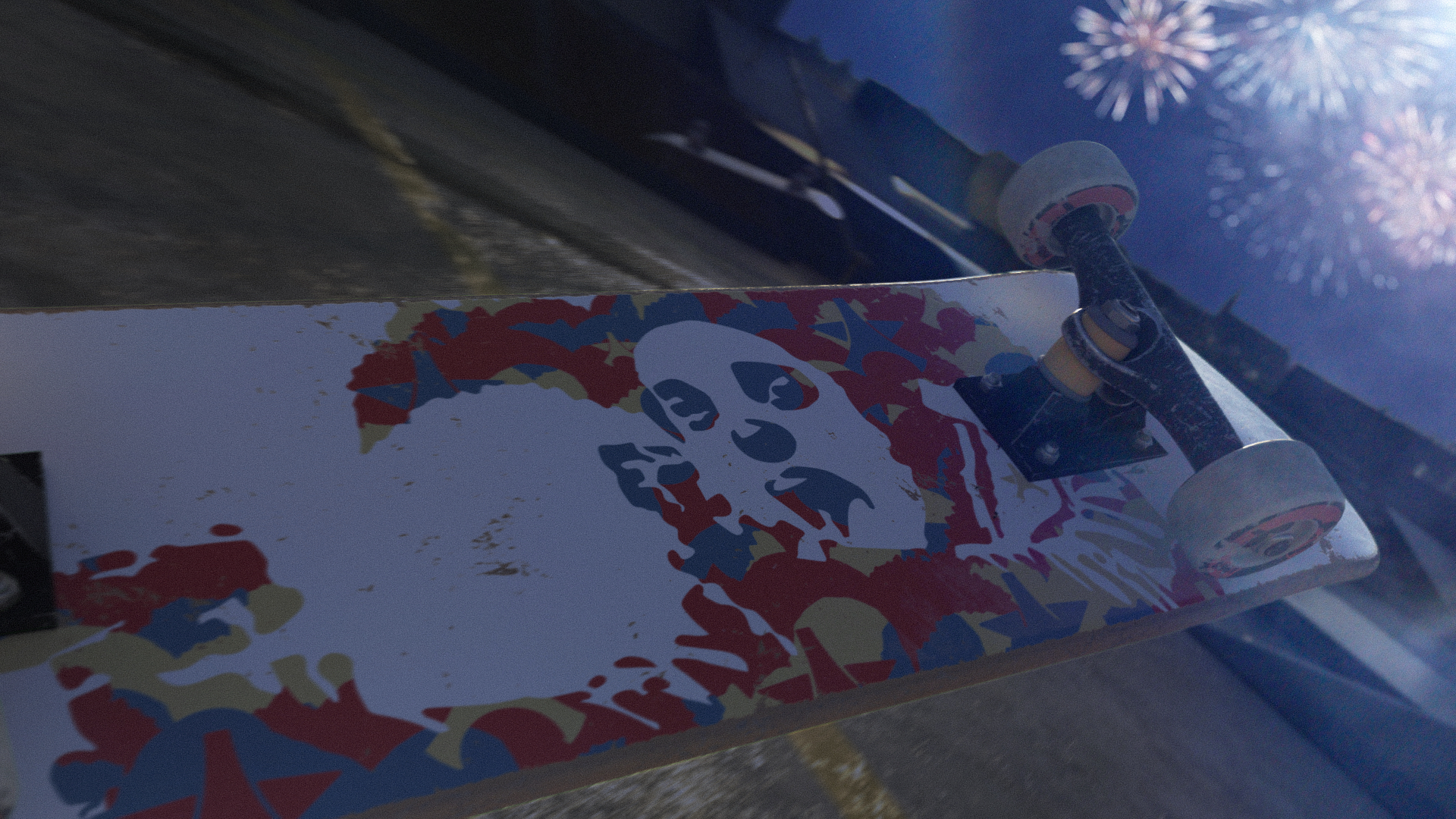
In 2000, when you founded Clown Skateboards, were you aware of anyone else operating at the intersection of art, music and skateboarding? Have you seen others follow the blueprint since?
Boardman: Obviously, the three of those things are all related, as far as we’re concerned, and always have been. But we weren’t aware of anyone else making it as blatant as we were, and we were absolutely adamant that our stance was the U.K. — U.K. riders, U.K. artists and U.K. music — [that] was our thing. I think the thing that made us different was [that] we never really classed ourselves as a brand and still, to this day, don’t. It’s what we love.
You’re known for your community enrichment projects; what do skateboarding, art and music mean to each of you personally, as well as your community?
Boardman: The skateboarding community has played a massive role in my life. The support, fun and friends made are second to none. This is also the same with art and music for me. I have always loved both and been influenced by them, and also very lucky to have been involved. The community work we do at present reflects both skateboarding and art, and is an extension of what already is in place in skateboarding — to care [for] and help others.
Can you each describe your roles in the company, in its initial run?
Malik: We both did everything, as it was just the two of us at the start. So [while] Jeff was building the team, I’d be phoning the shops — [and] we’d both be putting stuff into boxes, and going to the post office for dispatch. We’d both share the load of driving to jams. Setting up, Jeff would connect with the local skaters and our team, [and] I’d be on the decks or driving for supplies. We were both sharing our worlds and networks, as you’d probably call it today — scenes really. But if there was any steering, it was Jeff leading on skate and art and [me] leading on music. But we were just too busy doing it to think about it too much.
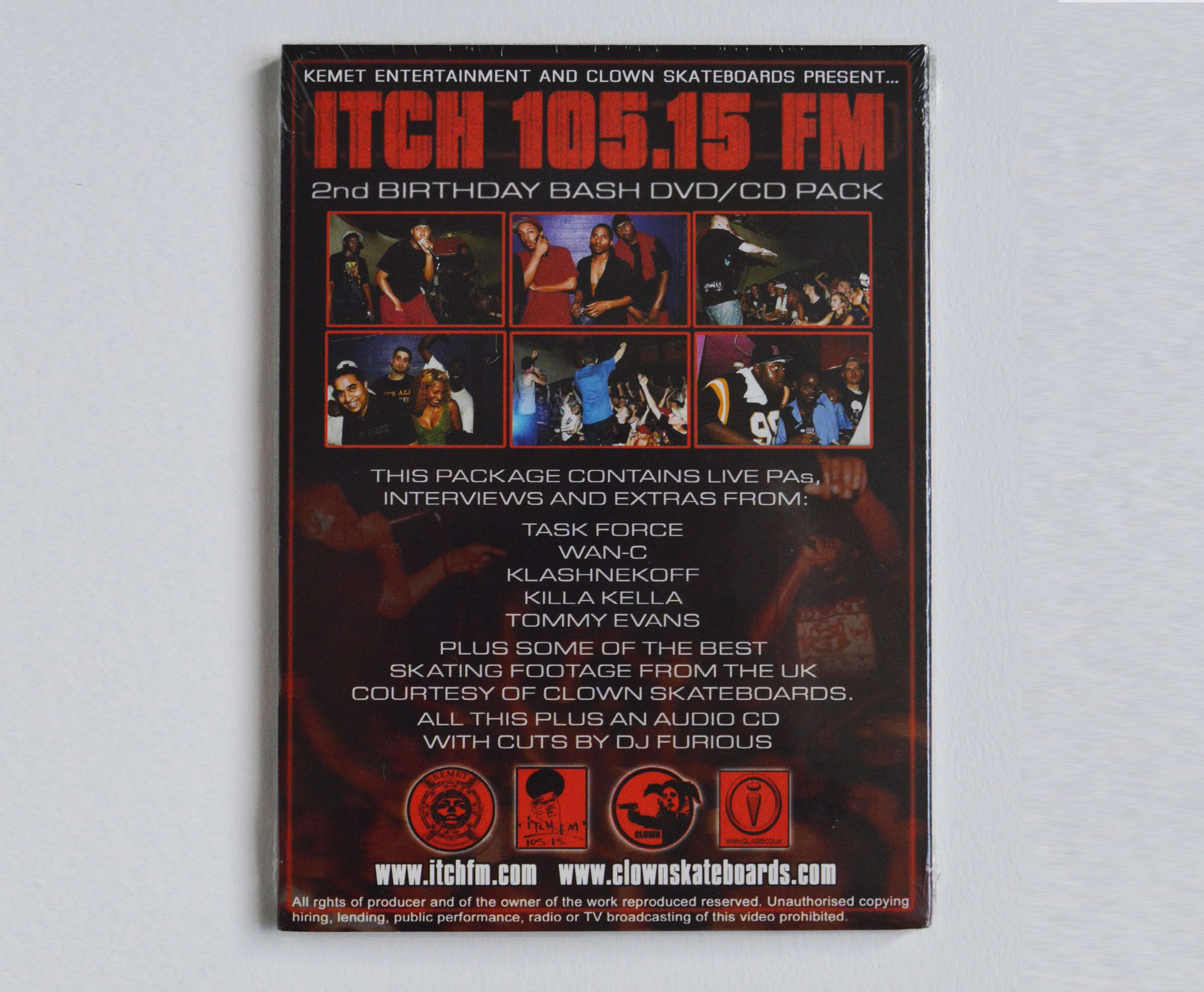
How did you link with Banksy?
Boardman: Beer and respect brought us all together.
I understand you were involved in his first “exhibition”; what can you tell us about the “Rivington Street Tunnel” show and your contributions to the project?
Boardman: The first show in London by Banksy [on] Rivington Street was a complete collab by all three of us. It was conceived after a … night out and a conversation about doing a show. We walked down Rivington Street and it was simple: “F—k, let’s do it here.” Just one week later, we were back with two buckets of paint, a letter and some painting company signs we nicked off a building site. The letter was forged from an arts organization wishing us luck with the “Tunnel Vision Project,” in case we got a pull.
A few hours later the walls were painted, and the stencils were up, and we held an opening party three days later with beers and hip-hop bumping out the back of a van. The police arrived, but let us carry on, and the petrol generator for the sound system caught on fire — but it was a night that [went] down in history.
At that point, it was all about doing favors for each other to make things easier to survive; so we were helping Banksy put up, sell some works and pay the bills — and at the same time, we were just getting things together to open up a company that was skate, art and music-oriented… Banksy kindly agreed to do our logo for us; the Clown logo was born in July 2000.
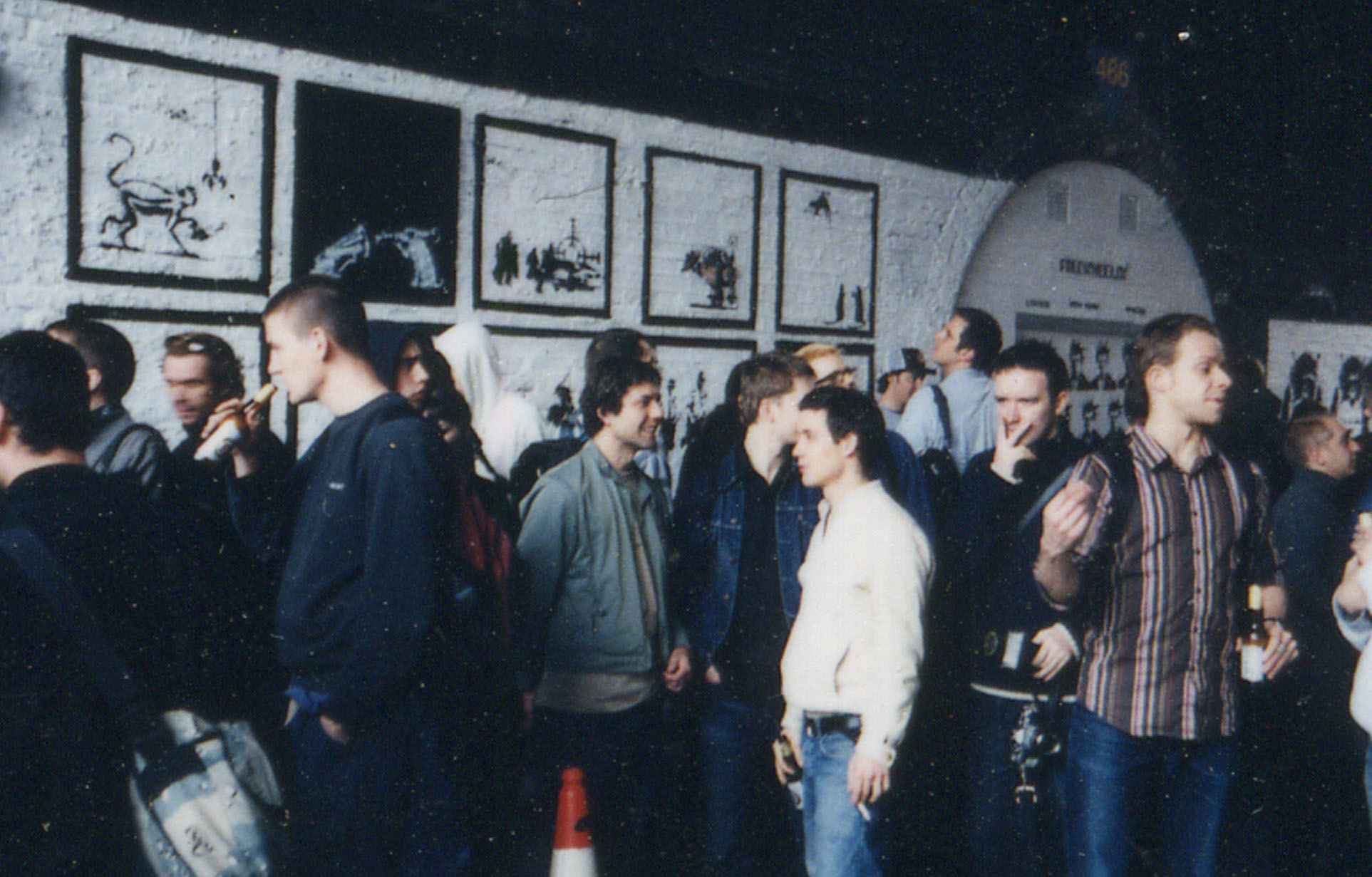
I read about the generator that caught on fire and the cops pulling up, but still letting you rock; can you elaborate on these stories?
Malik: We had hired a van with a petrol generator-powered sound system from an old dread I knew. I was playing hip-hop out of it and only realized it was on fire when someone started shouting at me. Dread put it out and I carried on playing — didn’t miss a beat. Funny, I had forgotten that story until relatively recently. If you look at the photos of the event, you can see the police vans and coppers milling about — but no, they didn’t stop us.
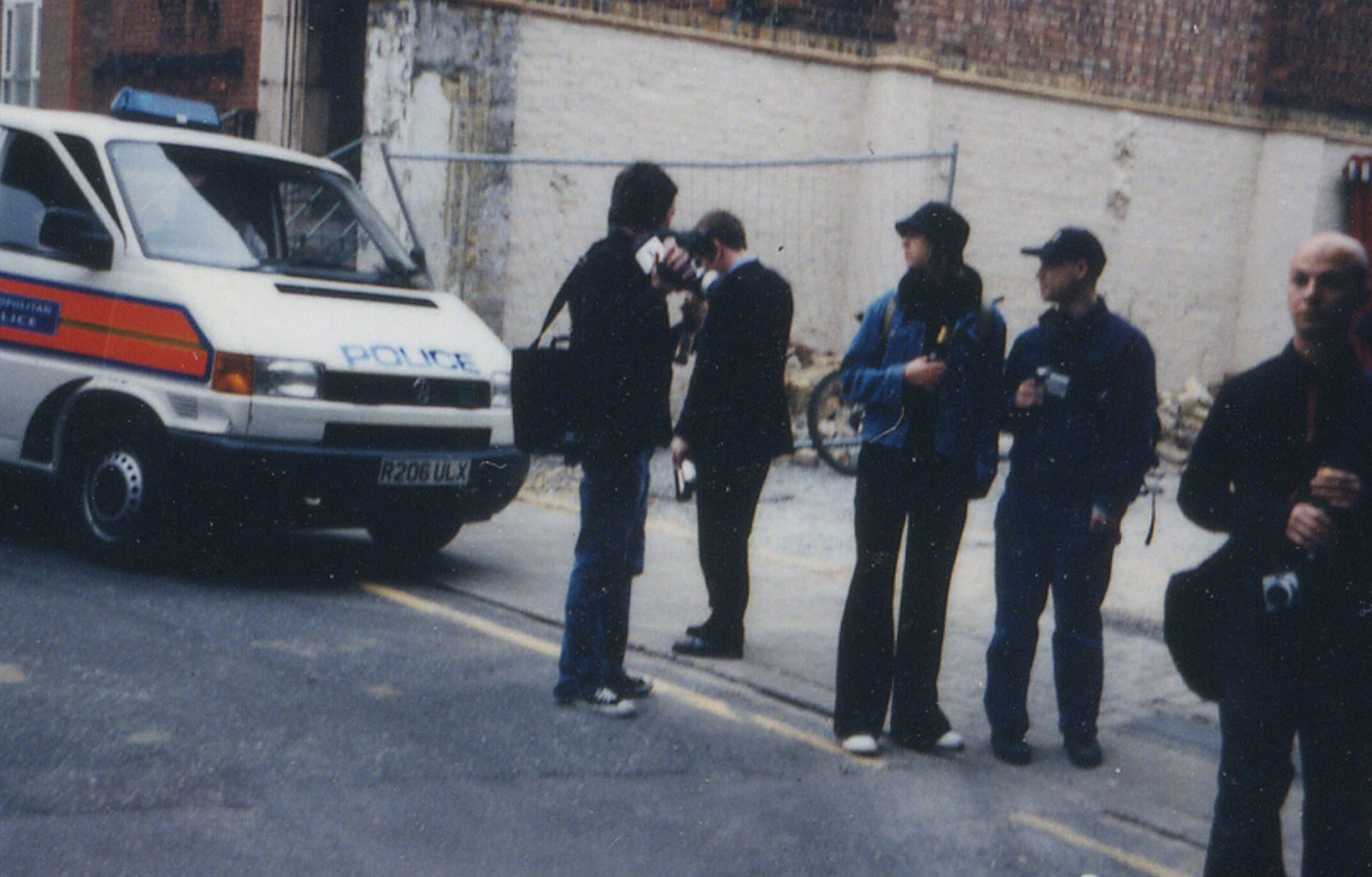
Can you detail your roles in “Banging Your Head Against a Brick Wall?”
Boardman: We were not organized enough to have roles; we just all mixed in to make things happen.
How did the Rivington Street show and black book eventually lead to Banksy designing your logo and “test press” decks?
Boardman: It was a pure mates thing: you help out and, in return, they help back. Banksy needed help from us and in return he did our designs. It was a simple barter, not transactional.
You guys accomplished a lot, in those first five years; what are some of the most memorable experiences and projects you worked on in the early days of Clown Skateboards?
Malik: To single anything out would distract from all that we did and had a great time doing. The whole experience was amazing, but exhausting, and all people involved — from the team, to the artists, to the DJs and the people that supported us — are the most memorable.
But if I had to, I would say for me it was the night before we were due to open [a skating competition]. We were putting this huge event together on a shoestring. Jeff was still screwing screws into the course, [which] was still unfinished, with Pete Turvey and Alan the German — total legends. I was up at the top of the vert ramp, sorting out the music, and there was our logo on the ramp. It was the first unveiling of it, and it just looked hypnotic. Hard as nails, but fun. I dropped Cornell Campbell’s “Mash You Down” to test the rig and, even though we hadn’t slept [in] 48 hours, Jeff and Pete just looked up with these huge grins on their faces — [with] just as big a one on mine too. Don’t have a selfie, just a damn fine memory of what passion can and will always achieve.
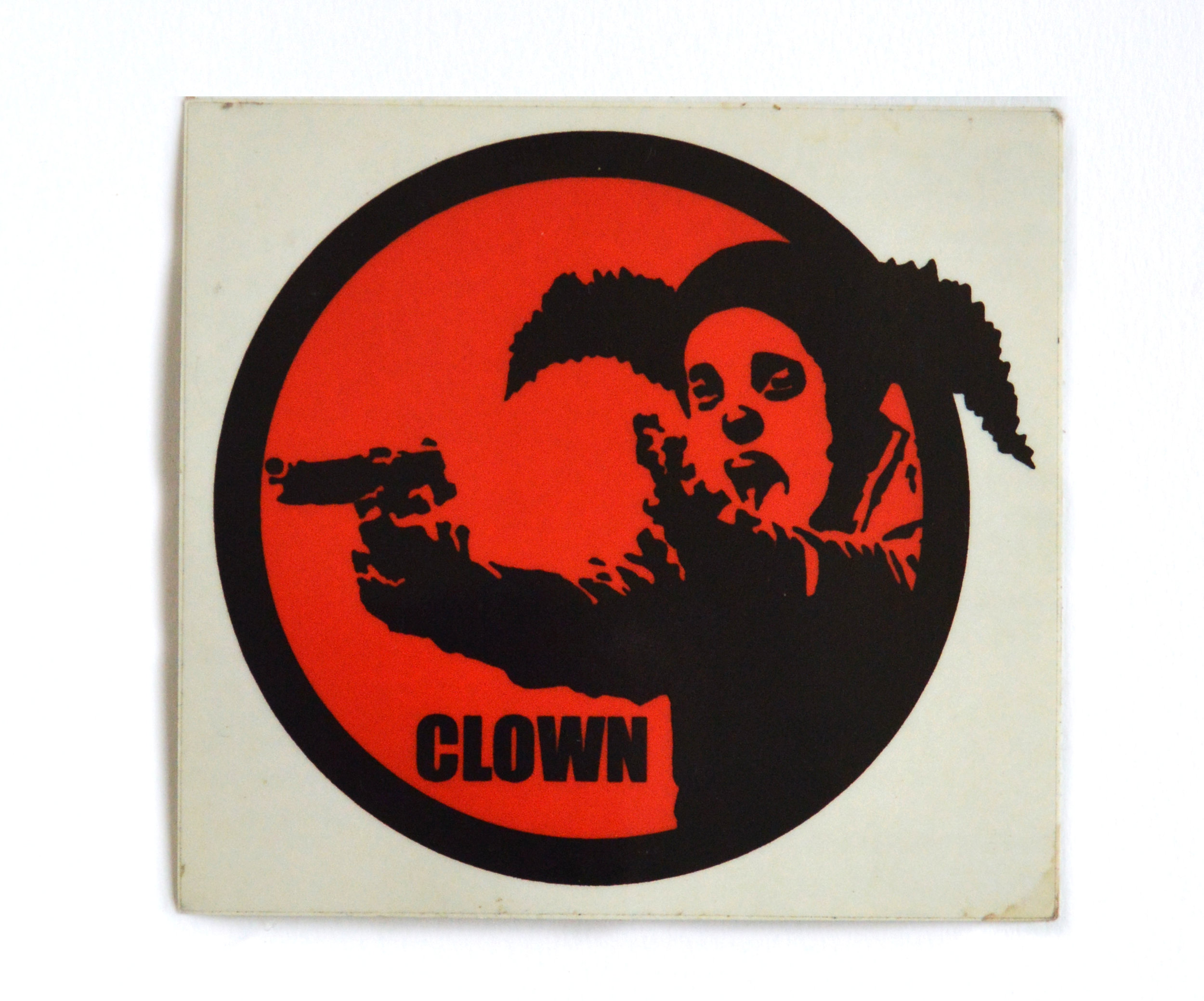
I understand you experienced some burnout and the brand went on a 15-year hiatus; can you detail what led to this?
Boardman: It was a combination of doing this hustle — which in reality was an all-consuming, full-on project — along with earning money, partners and kids. We just couldn’t do what we were doing without a reset. We constantly said we’d come back to it, because we loved it so much, but it just wasn’t feasible if we wanted to pay the rent. Like all things, [skating] goes through ups and downs, but we’re a little older — maybe not wiser — and are prepared.
What did you both do during the hiatus?
Malik: We both continued to work together for the next 11 years, doing the same stuff we always loved — music, art, street fashion — using our own art gallery, The Orange Dot, as a hub for all these things. We also ran a couple of festivals too, as we obviously weren’t busy enough.
How were you personally and professionally affected by the pandemic and did it play a role in bringing Clown back?
Boardman: To say it did not affect me would be an utter lie. Like everyone, the toll it took on us all was unbelievable. At that point, my focus was on arts, culture, causes and sustainability. I had just finished writing a theory on how we could make festivals more sustainable and [it] was just about to go into action with five festivals; of course that never happened… Projects I was running in arts [were] also put on hold and my projects with causes took the same path. I think in the first four weeks, 85% of my projects [were] on hold or stopped completely. But as one door shuts, you can always open another — and at last, [I] had the time to bring back Clown and start the CIC. It was tough, as [with] 15 years out [of] the game, I had to pick up where we left off and start fresh.
Malik: As I was doing music and food, it completely and utterly f—d me — but it did allow me to pivot into other areas I hadn’t really thought about, such as bringing my skills to the third sector. We had always wanted to bring Clown back and had talked about it intermittently over the years, but the pandemic allowed us the breathing space to actually do it.
What are each of your focuses for Clown now?
Malik: These days, Jeff runs the company and [I] look after the communications — but it’s still a bootstrap company, really. The difference being that we have now formalized how we help the communities we love and work in, and that’s through our CIC. We make sure that sales drive our ability to provide support to our CIC.
Tell us about Clown In Action; what kind of initiatives have you participated in?
Boardman: Probably too much to list here, but we have funded skate lessons, skate equipment, jams, apprenticeship programs and concrete for DIY spots. We have done this with partners working as far afield as Kenya, Morocco, France, Jamaica and Peru. Oh, and the U.K.
Our aims, though, are simple: find and work with organizations or individuals who need equipment and support or funds; work with grassroots DIY projects to help fund some of the build and give [them] equipment so they can teach kids; work with like-minded organizations on the challenge of mental wellbeing within our younger generations; create opportunities to make organizations or individuals self-sufficient; give younger generations a sense of achievement and responsibility; [invest] into the well-being of the skateboard community in kind or via financial contribution.
How did the collab with PSG come about?
Boardman: I got chatting to Fabien over [social media] and it kinda went from there.
It isn’t necessarily the most obvious partnership; what attracted you to work with each other?
Boardman: We like to maintain a thought process of six degrees of separation. We are all connected in some way; it’s up to you as a person or an organization to find that link that joins you. Both Clown and PSG have the idealism that you take what you know and then use that to help others; they have [a] foundation and we have In Action, so to join up and do stuff together is simple.
How did you get into NFTs? What attracted you to the space?
Malik: [I] always have loved pushing boundaries, and the opportunity to be able to do this and raise funds for our respective foundations was too good to miss out.
Boardman: It’s a new challenge to us and we wanted to explore that area so we can work with people to help us on In Action. It feels like a good space to create and support.
Let’s talk about the musical aspect. How did you link with DJ Zinc; what is your history together and why did you choose him to provide the soundtrack?
Malik: I have known Ben for over 25 years, starting from when I was sending him promotional records — hoping he’d play them on the radio or in the club! We have kept in touch ever since, and our kids even went to the same school. I have leant on him before, for soundtracks to art projects, and he’s always been happy to oblige. For this one, the soundtrack had to represent a time and a place, but it also had to be timeless — and no one makes classics, regardless of genre, like Zinc. He doesn’t stand still and neither do we.
Do you have any future plans in the NFT space? What are some new ways you’d like to leverage NFTs in the future?
Boardman: [We] have an idea on something we are still investigating. This space is exciting in what can be created and [we] want to look at how we can build something that keeps on growing, changing and learning. I had the pleasure at one point to work with a lot of coders and data scientists, and found their work creative. I would love to be involved with creating something that, every time you look at it, has a whole new meaning — never standing still and always going forward.
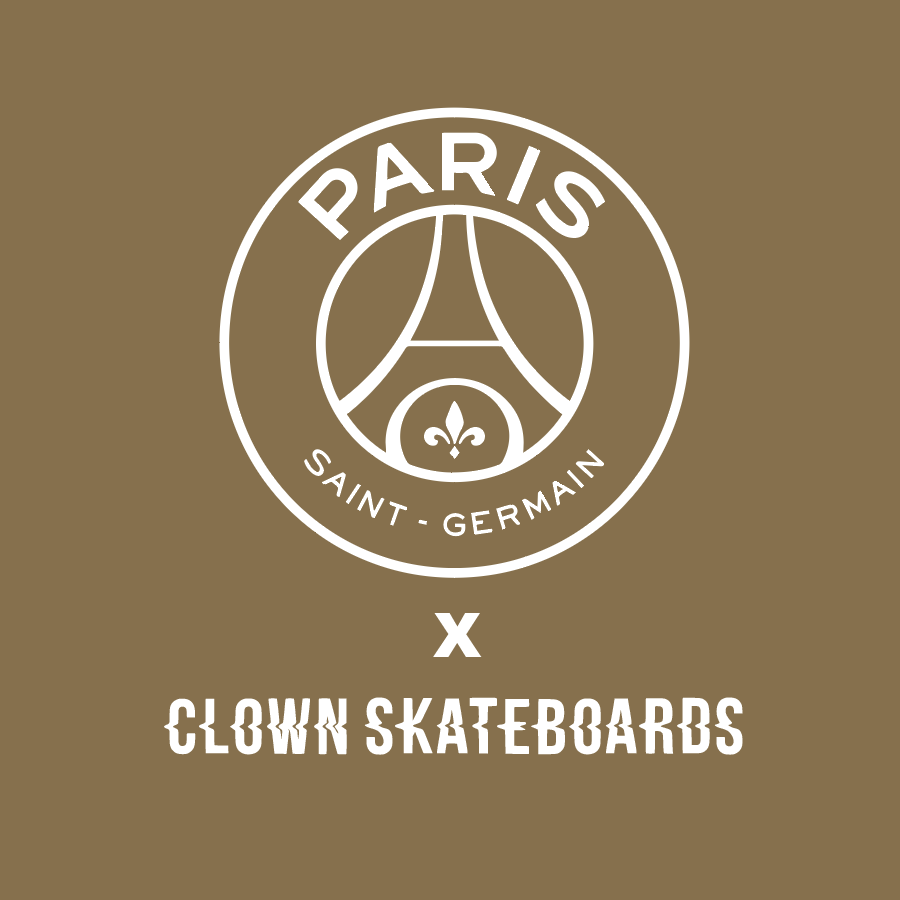
Browse the “PSG x Clown Skateboards” collection.
Please note that by accessing or using this content, you agree that Crypto.com is solely responsible for the minting, custody and provision of the Crypto.com NFT Platform. Any additional products or features of the drop (including redeemable items, charity donations, utility and/or giveaways) are provided at the entire responsibility of the Creator(s) featured/interviewed unless otherwise noted on Crypto.com’s official channels. Any views and opinions expressed by Creator(s) belong to the same and do not purport to reflect the opinions or views of Crypto.com. Although Crypto.com makes best efforts to ensure this article contains accurate information, it cannot be guaranteed that all information provided is up to date. For more details, please refer to the drop page and the Creator(s)’ channels. Some products or features of the drop may not be available in certain jurisdictions. Nothing in this article should be taken as legal or financial advice.
Editor’s Note (Oct. 17, 2022): an earlier version of this article incorrectly indicated that Jeff Boardman and Vikas Malik helped publish Banksy’s “Banging Your Head Against a Brick Wall,” which has since been edited for accuracy.


